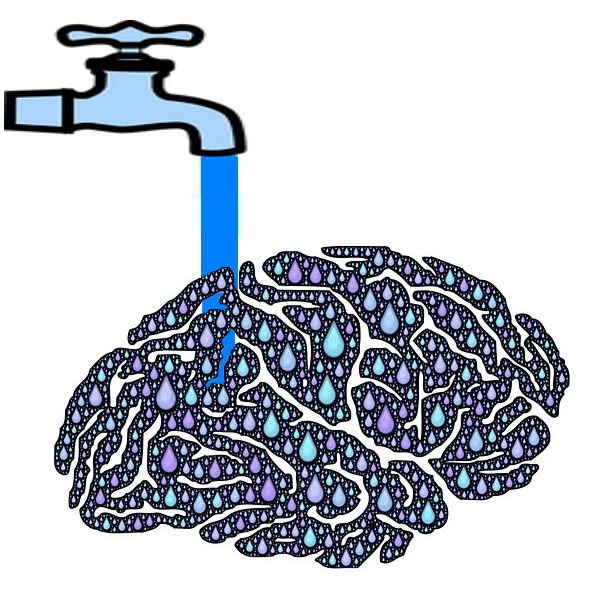
Pathological Narcissistic Abuse
Psychological Warfare and Brainwashing
Written by Narcissistic Abuse Expert and Recovery Coach Randi Fine
Narcissistic Abuse Awareness and Guidance with Randi Fine
This is copyrighted material. May only be shared with permission and proper attribution.
Pathological narcissistic abuse is far more damaging than any of us can possibly conceive. Have no doubt—it is both psychological warfare and mind control.
Various techniques of psychological warfare, also known as “psy ops” have been used since the beginning of time by warlords, chiefs, malevolent dictators, and in espionage operations to extract information and evoke desired reactions from captives.
Mind-control, also known as brainwashing or coercive persuasion, is the method used by cults to systematically break down someone’s sense of self. Narcissists use both these tactics and for the same objectives.
The abuse campaigns of pathological narcissists may be verbal, physical, psychological, emotional, spiritual, sexual, and/or financial. They learn where their targets are particularly vulnerable and then attack.
Believing they are the victims in every situation and everyone else their enemies, puts them forever on the defensive. Their very survival depends on them “getting” you before you “get” them.
Any perceived attack triggers the narcissist’s deeply embedded pain. He despises this aspect of himself and subconsciously tries to annihilate it through the use of his false self. Unable to restrain himself when triggered, he must project his hatred outward and annihilate a tangible target, hence the abuse. He doesn’t want to hurt himself so he hurts others. Unable to feel what others feel or experience remorse or guilt over the pain he inflicts on others. That is easy for him to do.
Empathetic people with the ability to put themselves in the shoes of others cannot possibly grasp the mindset of the narcissist. Our eyes deceive us. Seeing people who look and act as we do in every other way inclines us to assume they feel emotions the way we do. Fully aware that others think that way, narcissists use it to their advantage. Unable to imagine anyone having the capability for such heartlessness, we are vulnerable to their manipulations. That is how they trap us.
No matter the nature of the relationship we have with narcissists, we are nothing but an ends to a means for them. If being nice to us gets them what they want, they will be nice. But they are not nice people or patient people. Pleasantry is the longer, harder route to their destination. They can only keep it up for so long.
Narcissists are driven by one primary goal; gaining control over their victims to obtain captive narcissistic supply. Abusiveness is the narcissist’s natural inclination. They have great endurance for the terrorist attacks they systematically wage on others.
Narcissists are innovative and resourceful in their craft. Some tactics are more easily recognized than others, though all are destructive.
Stealth abuse is a surreptitious form of psychological narcissistic abuse that is perpetrated behind closed doors. Victims of stealth abuse are unable to recognize what is happening to them while it is occurring. They know that something is wrong with the way they are being treated but cannot figure out exactly what it is. Unable to pinpoint the source of the problem, victims look within themselves for answers and ultimately assume the blame.
Because stealth abuse is unseen and leaves no physical marks it is very hard for outsiders to recognize, therefore easy for them to trivialize. Victims seeking credibility for their accounts of abuse among friends, family members, and the community can never find it.

Randi Fine is an internationally renowned narcissistic abuse expert and recovery coach, and the author of the groundbreaking book Close Encounters of the Worst Kind: The Narcissistic Abuse Survivor’s Guide to Healing and Recovery Second Edition, the most comprehensive, well-researched, and up-to-date book on this subject. In addition to helping survivors recognize their abuse and heal from it, this book teaches mental health professionals how to recognize and properly treat the associated abuse syndrome. She is also the author of the official companion workbook Close Encounters of the Worst Kind: A Comprehensive Workbook for Survivors of Narcissistic Abuse. Randi Fine is the author of Cliffedge Road: A Memoir, the first and only book to characterize the life-long progression of complications caused by narcissistic child abuse.

Comments